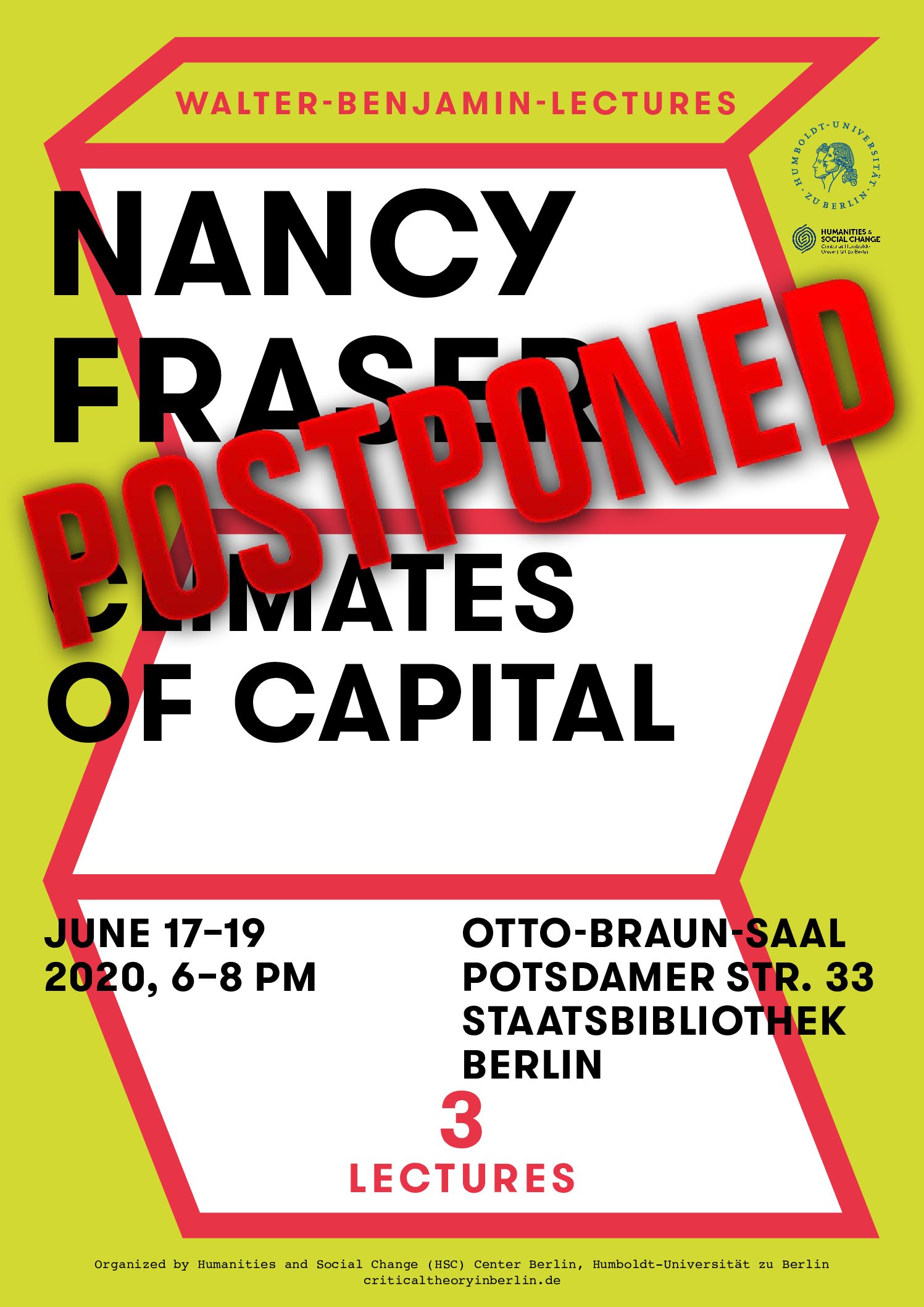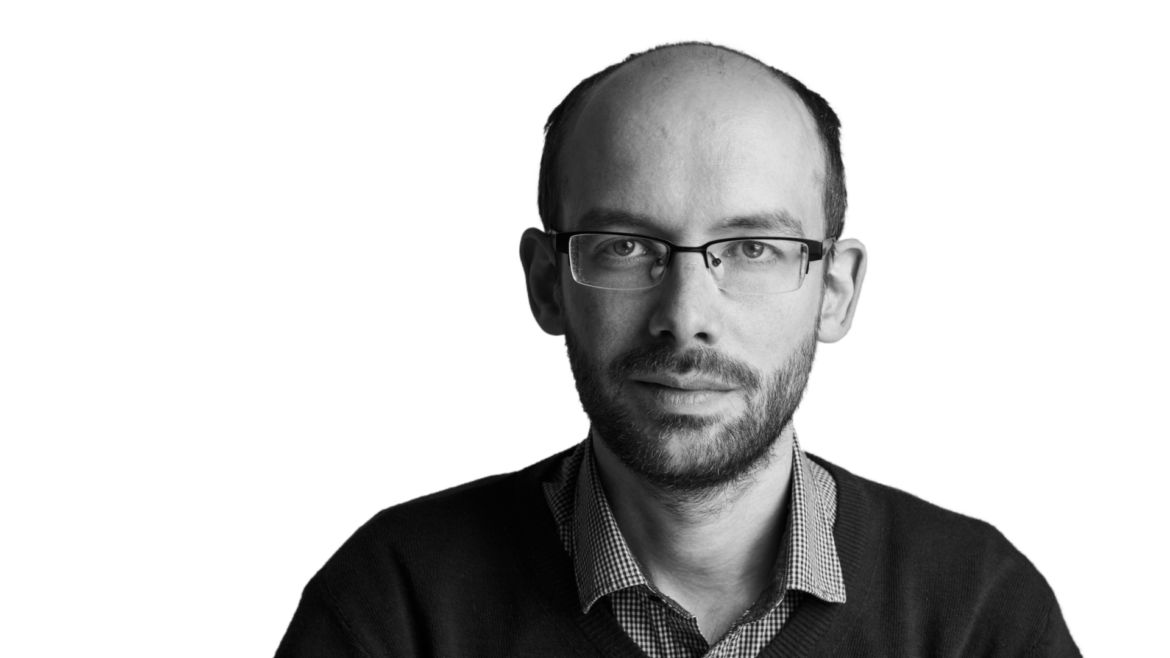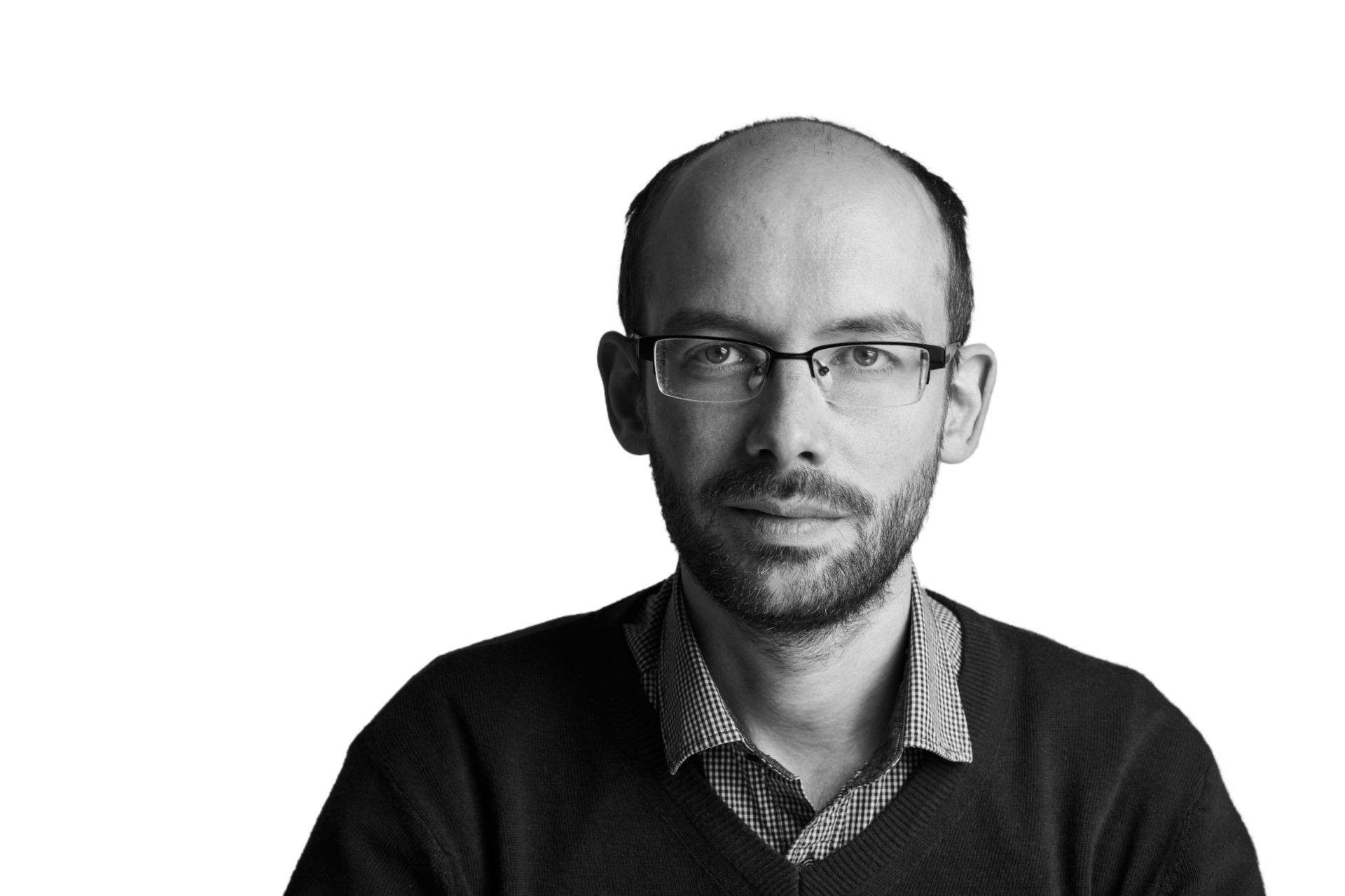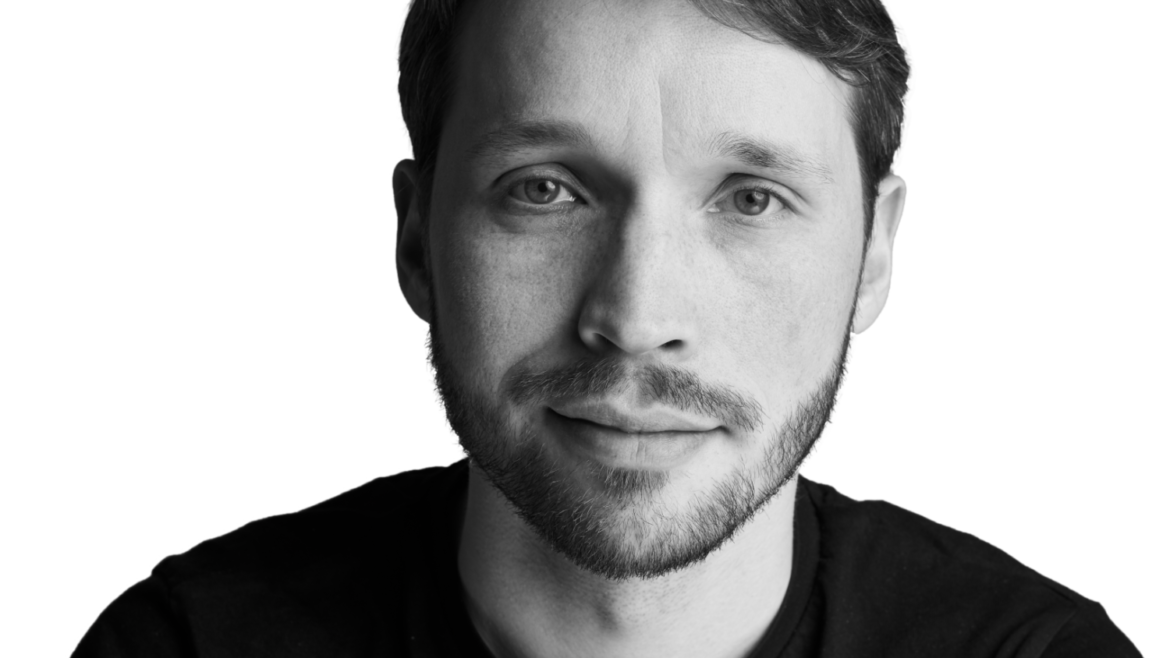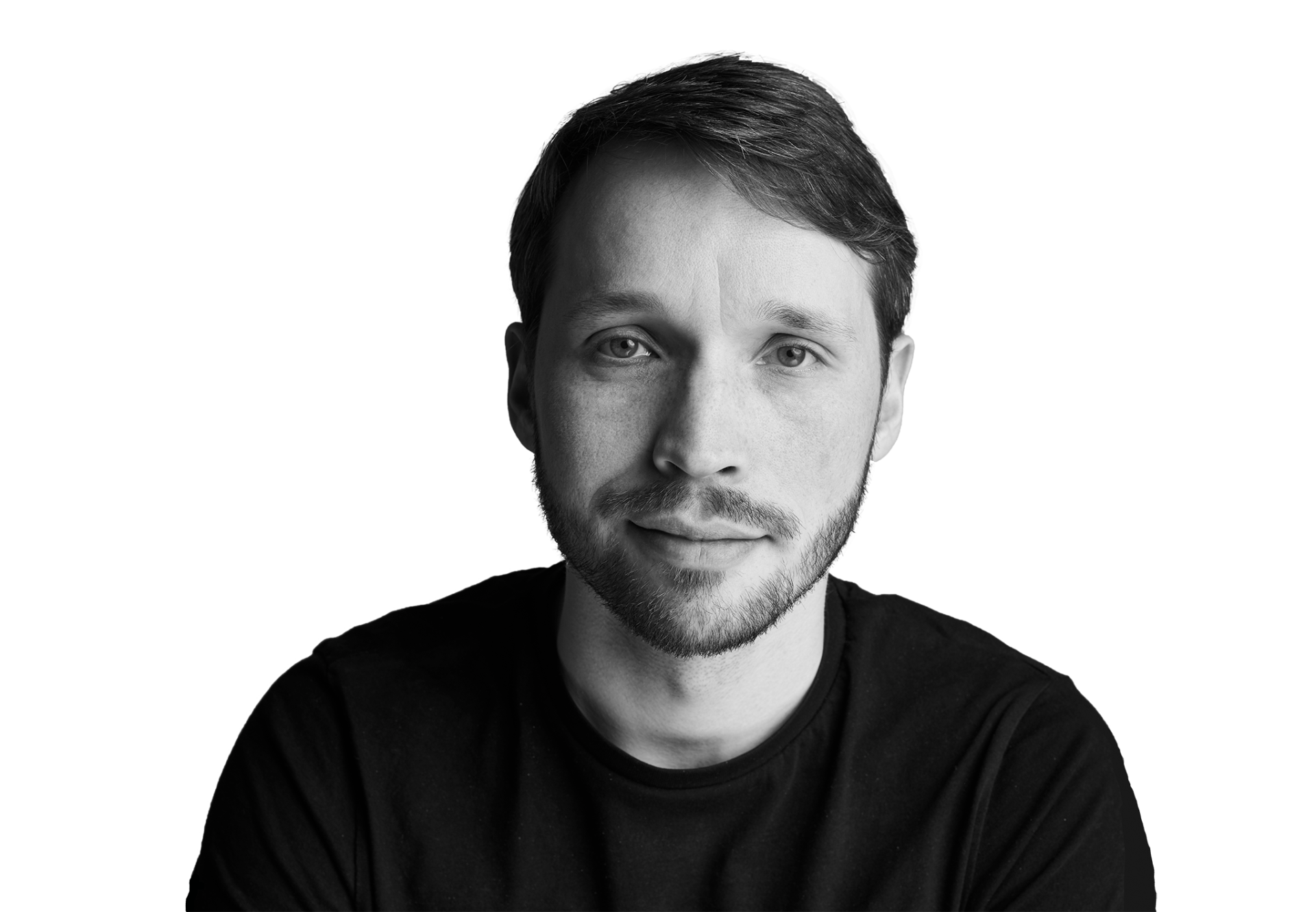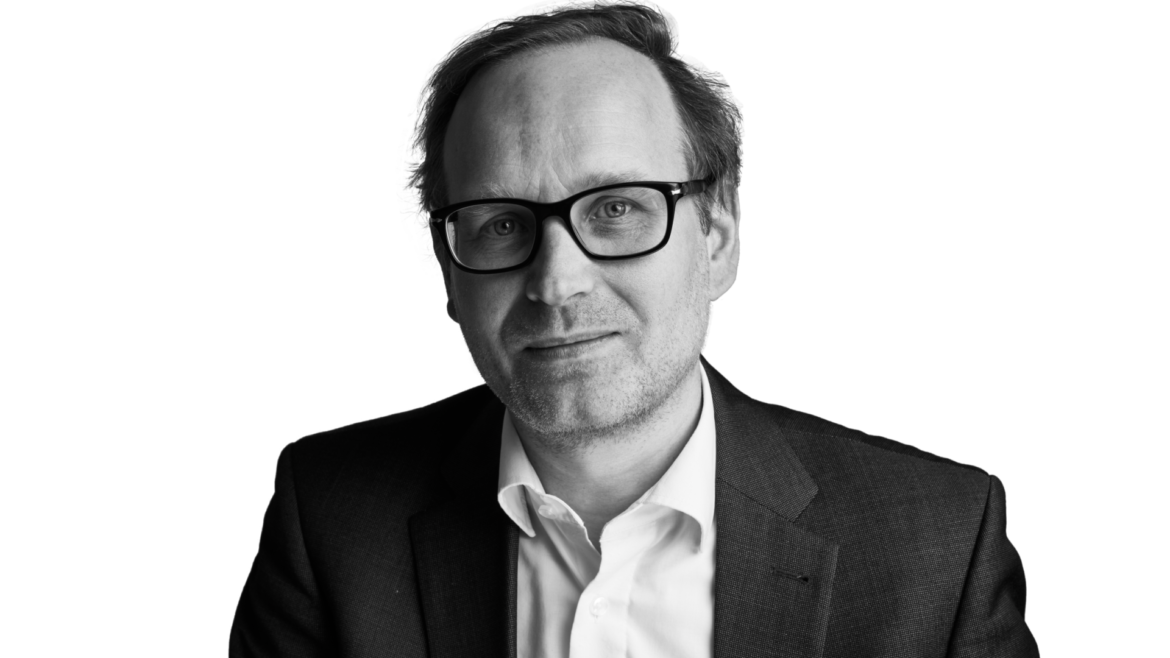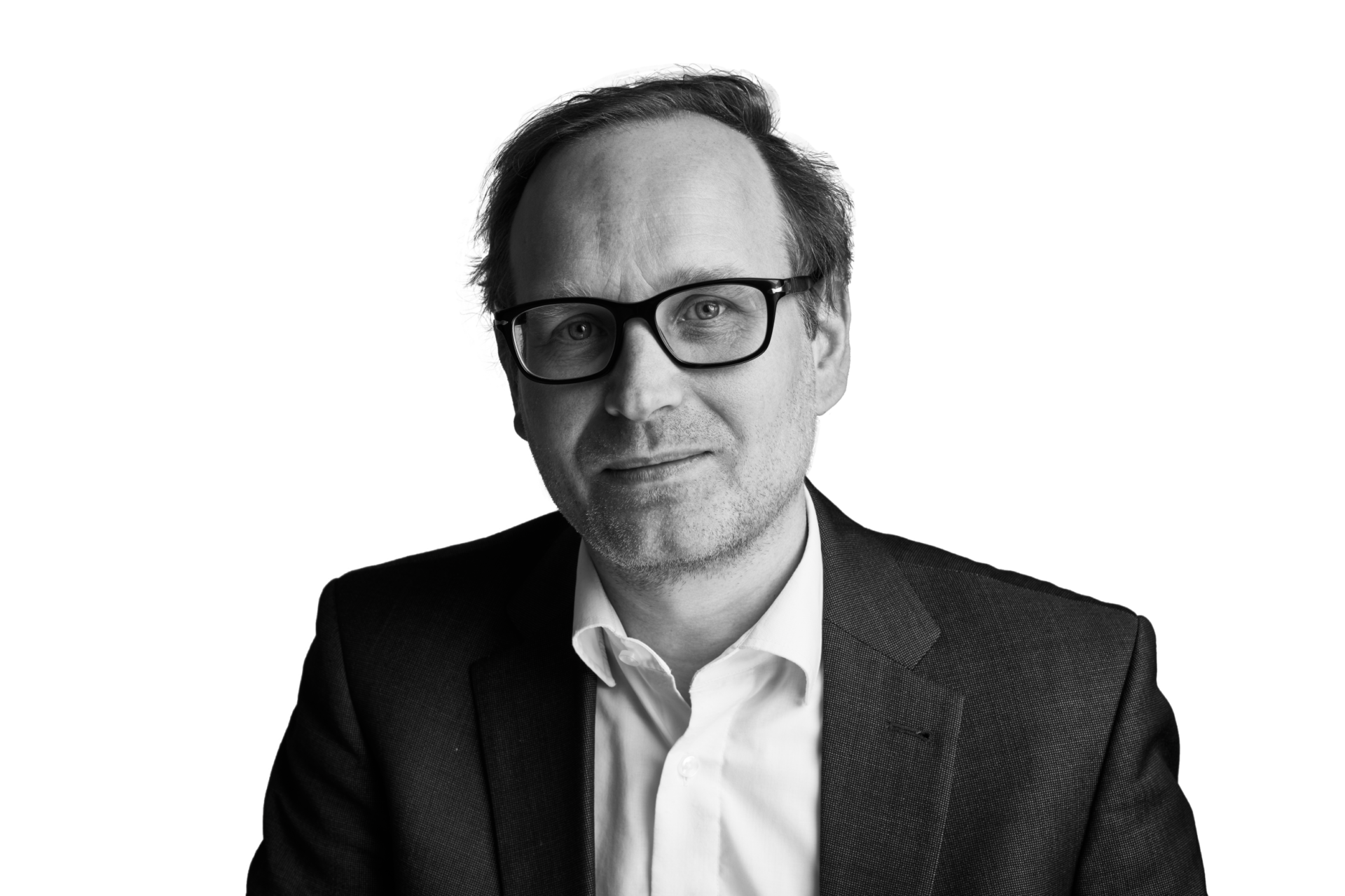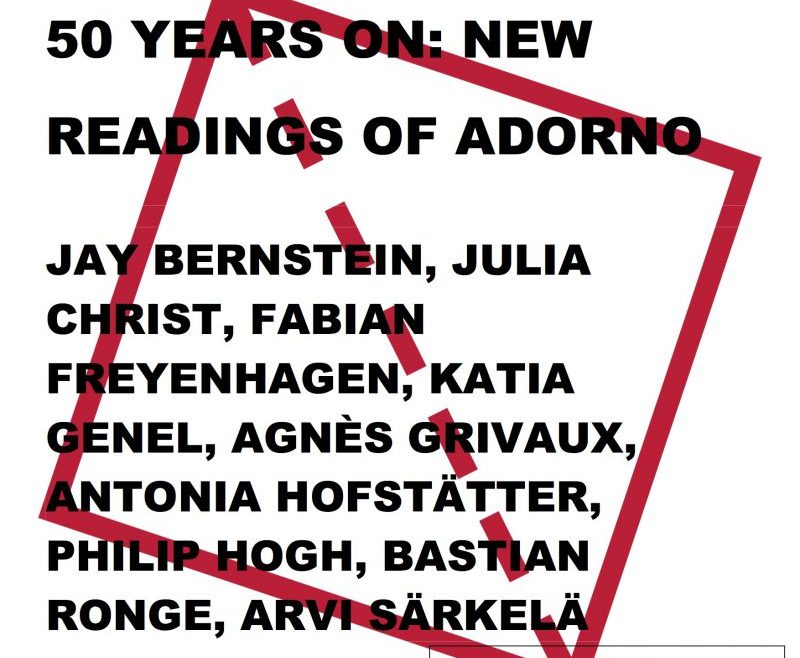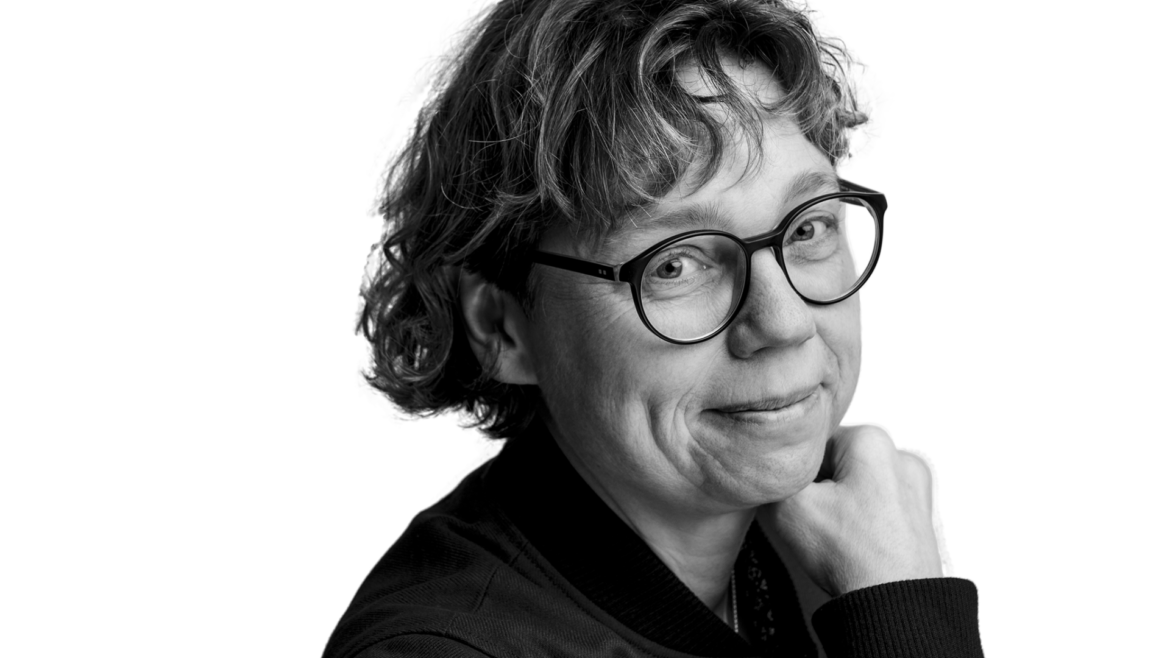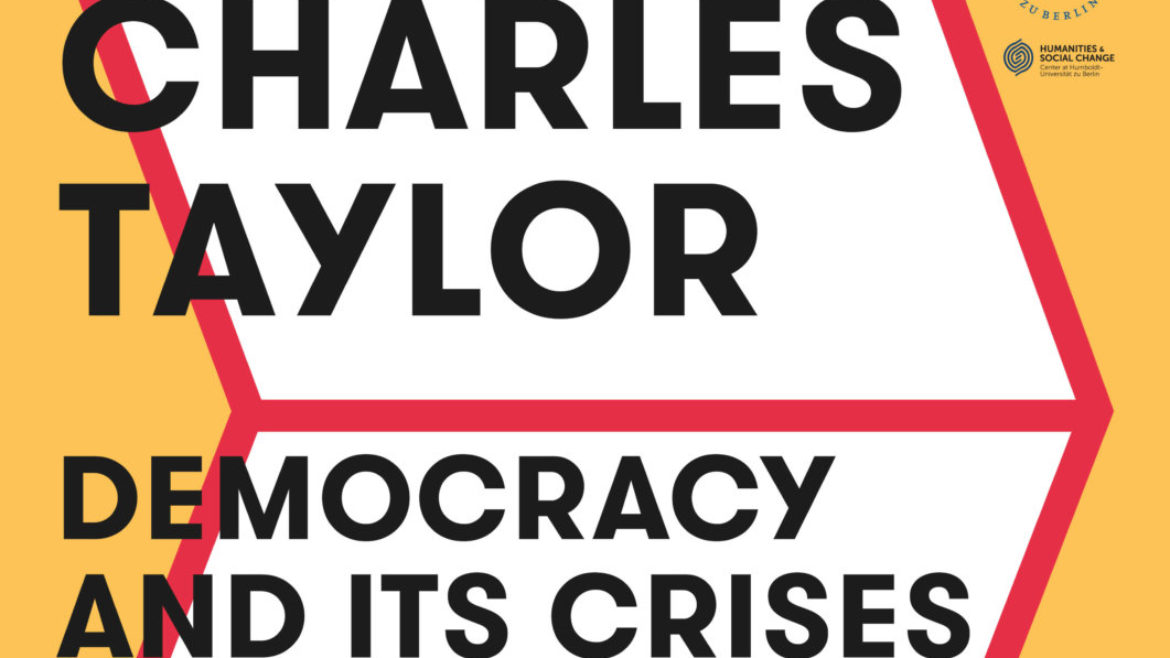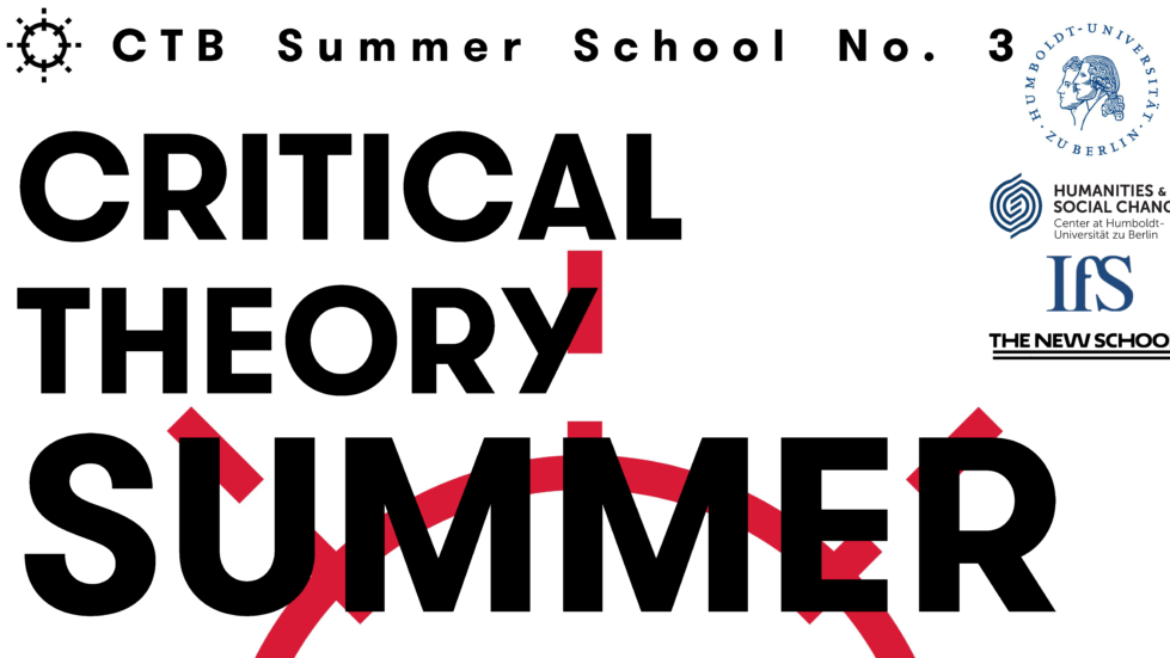Benjamin Lectures with Nancy Fraser – cancelled
Due to the Covid-19 pandemic this event is unfortunately cancelled.
Nancy Fraser’s Lectures are postponed to 2022.
That capitalism is “in crisis” has almost become a truism. The financial crisis of the last decade already de-stabilized the trust in the ability of the capitalist social order to deliver on its promises. With climate catastrophe looming and ecological disasters affecting more and more people even in wealthy states, it seems all the more obvious that something is fundamentally wrong with a social order depending on the ruthless exploitation of all available social and natural resources. But how can this crisis be conceptualized and analyzed in a theoretically sound manner? In which ways is the climate crisis a crisis of capitalism?
In the Benjamin-Lectures of 2020, Nancy Fraser, one of the leading and most influential critical theorists of our times, will present an analysis of the current climate crisis that situates it within the broader framework of a social critique of the impending ecological disaster. Starting from the description of capitalism’s specific understanding of nature and the struggles over resources which the capitalist economy continually exhausts, Fraser develops solutions to global ecological problems based on a new vision of society.
June 17th: Capitalism’s ecological contradiction
(Commentary: Andreas Malm, Lund University)
June 18th: Struggles over Nature
(Commentary: Barbara Muraca, Oregon State University)
June 19th: Degrowth, Green New Deal or Ecosocialism
(Commentary: Stephan Lessenich, Ludwig-Maximilian-Universität, München)
No registration prior to the lectures is necessary. There is no entrance fee. The lectures will be held in English.
The Benjamin-Lectures are named after the Berlin-born philosopher Walter Benjamin and dedicated to his intellectual integrity and political commitment in the face of historical catastrophe. Each year, inspired by the Amsterdam Spinoza-lectures as well as the “Adorno-Vorlesungen” in Frankfurt, the Benjamin-Lectures will bring one leading critical theorist to Berlin. His or her public lectures will allow for a broad audience to partake in the latest debates on social and political issues of core concern. Prior to the lectures, the invited speaker will hold the Walter-Benjamin-Chair at the HSC Center Berlin and spend up to three months in close cooperation with the HSC academic community.
In 2019, the Canadian philosopher Charles Taylor inaugurated the series. In a sequence of three evening lectures, Taylor addressed “Democracy and its Crises”, covering various forms of democratic deterioration, such as political alienation, increasing inequality, xenophobia and polarization, as well as possible ways out of crisis. You can watch the videos of his lectures.

